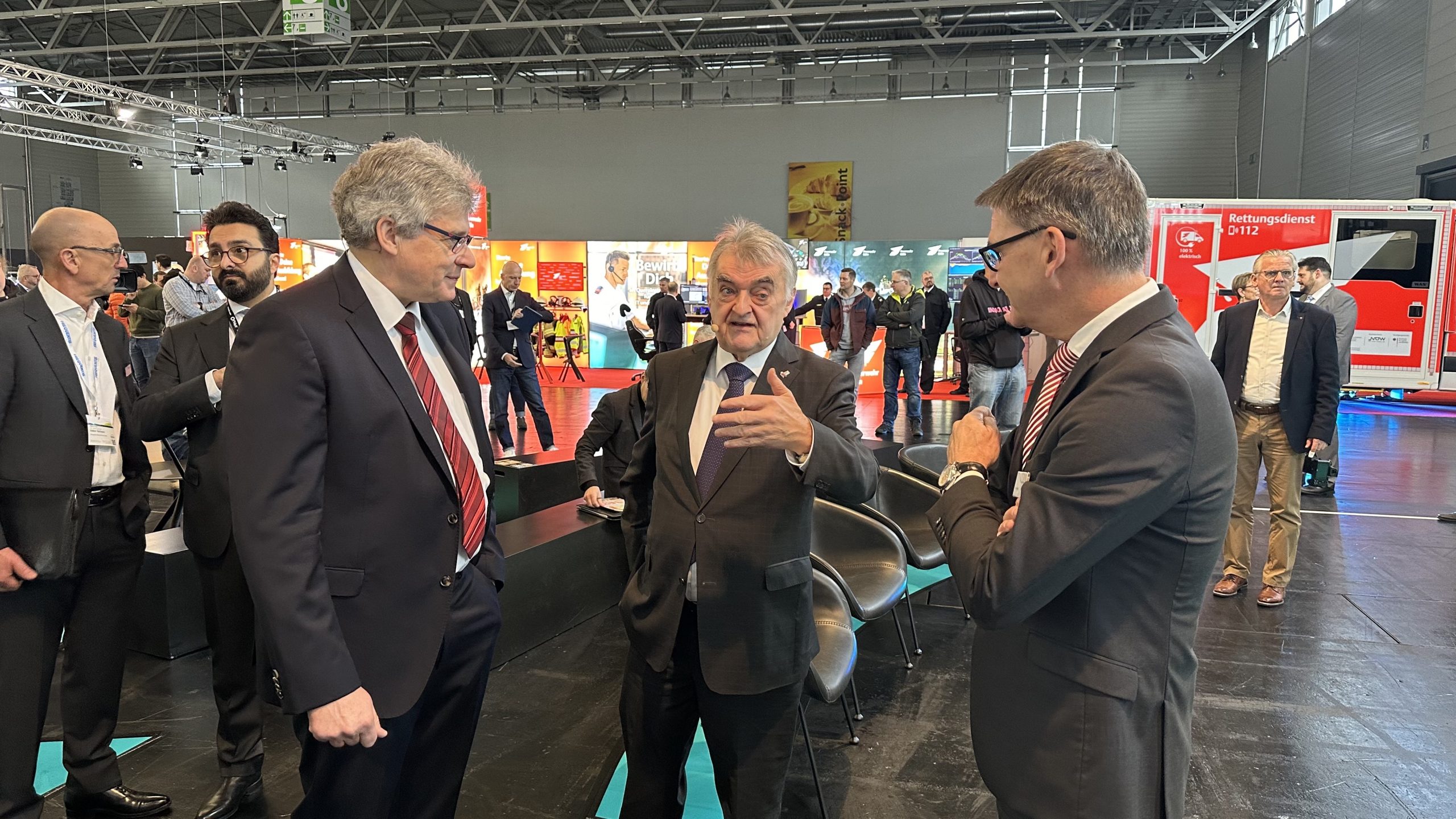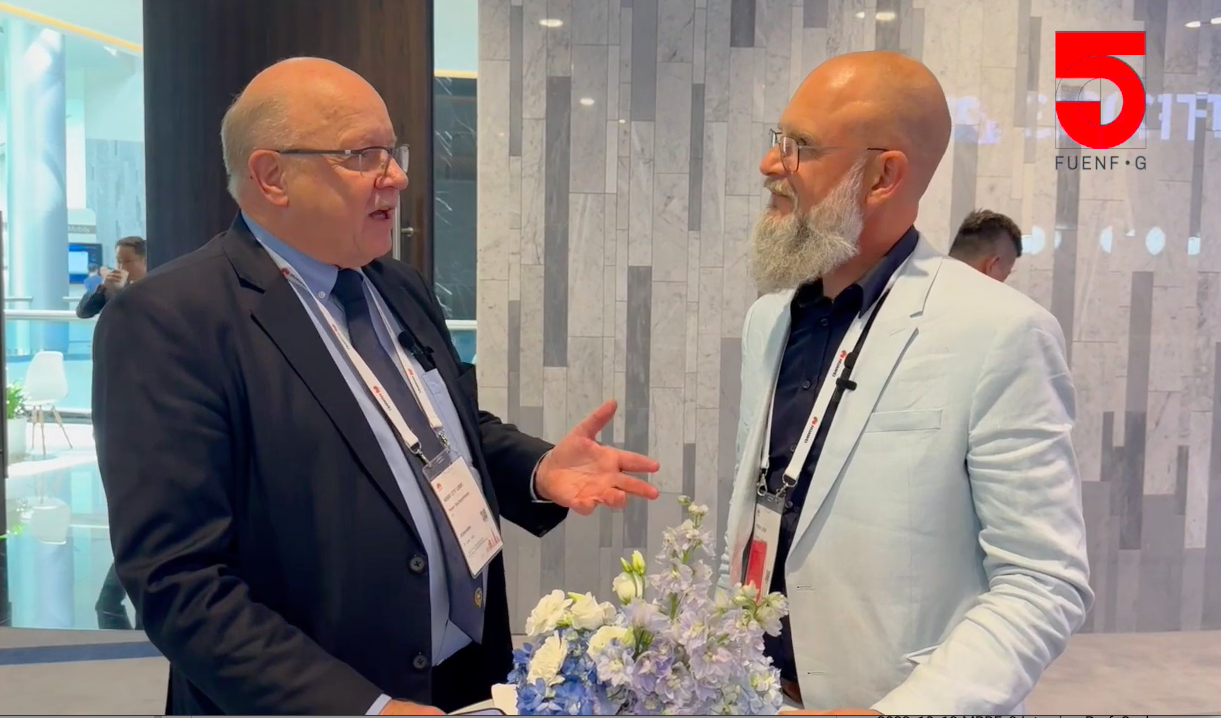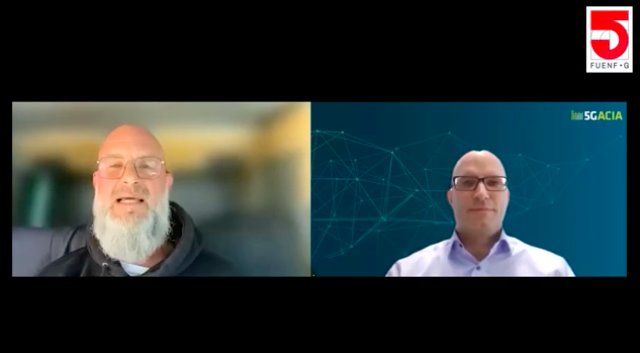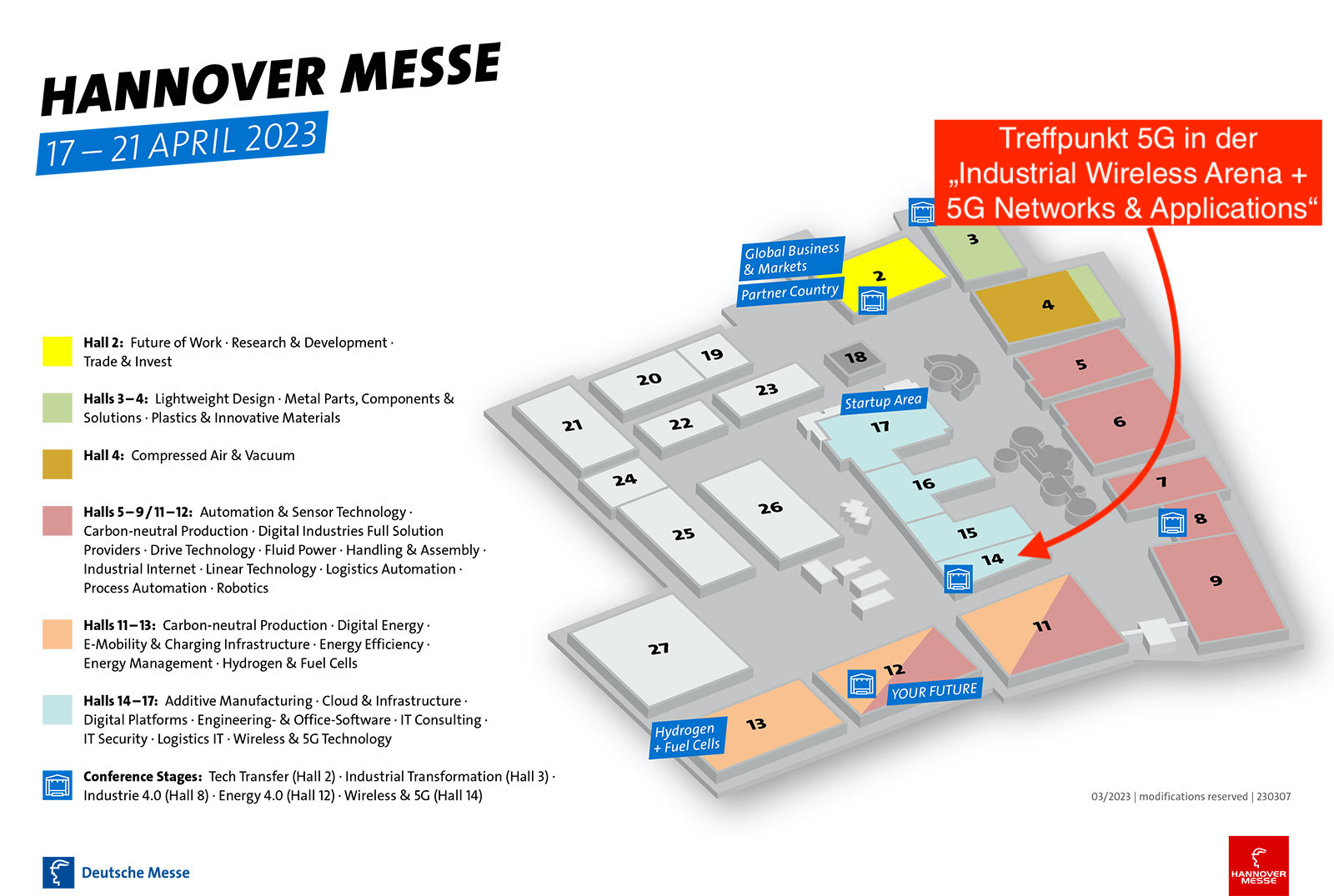It is not only the railroads that will be rolling towards 5G in the future. (Picture: Nokia)
The 5G market has not really taken off, neither in the consumer nor in the industrial sector – and yet already hotly contested. The company in pole position may hope to get a large slice of the network cake in the coming years. Now Nokia draws attention to itself and announces the 100th 5G contract.
Shortly before the outbreak of the Corona Pandemic last December, Nokia won a tender for the world’s first standalone 5G system for automated railroad operations in Hamburg. The proof of concept is intended to test whether the 5G technology is mature enough to be used as a connectivity layer for future digitized railroad operations. The project still represents an early and important step in the development of the FRMCS standard (Future Railway Mobile Communications System), which is based on 5G, and creates the conditions for the digital transformation of railroad operations.
Focus on campus networks
Now, ten months later, the company publishes a press release that includes a track record of success in 5G projects and gives tailwind to the idea of the campus network for companies:
- In February, Nokia announced that it was the first company in the world to introduce 4G and 5G network slicing, which allows network operators to deliver isolated “slices” (virtual network “slices” tailored to specific applications) to their end-to-end network customers.
- This was followed in April by the industry’s first Dynamic Spectrum Sharing (DSS) solution that supports 2G, 3G, 4G and 5G radio frequency sharing.
- In July, the company announced that it would be able to upgrade 5 million existing 4G radio units to 5G via a software upgrade, making the transition to 5G much easier for operators.
- Nokia was the first network equipment supplier to launch 5G standalone (SA) solutions for campus networks in July.
In August, the Finns were involved in the world’s first large-scale introduction of 5G standalone at T-Mobile in the USA. To date, the vast majority of operator networks are based on 5G non-standalone architecture, where 5G is wireless but 4G technology is still used in the core network.
“This is an important milestone, which we are very pleased about. We also know that we still have a lot of work ahead of us and that the market remains highly competitive. But we are moving fast – and these successes show that our progress is being recognized by customers. We greatly appreciate this continued support and are determined to justify the trust placed in us.”
Tommi Uitto, President of Mobile Networks, Nokia
100 commercial 5G contracts
The company further announced that despite the global pandemic, 17 additional 5G contracts were signed in the third quarter. The Finnish network supplier now has 100 commercial 5G contracts and a total of 160 commercial 5G engagements including paid field trials.
Campus network contracts such as the ones from Deutsche Bahn mentioned above are complemented by projects with companies such as Toyota Production Engineering and Sandvik. More than 180 corporate customers worldwide are counting on the development of a private campus network, many of whom are expected to switch to 5G, as the Finns hopefully announce.








Leave A Comment